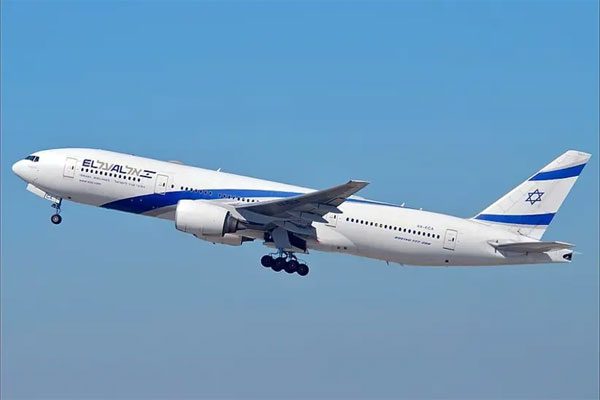Thousands of Nicaraguans from the Somoto, Ocotal, Chinandega, Estelí and Somotillo sectors continued to arrive in Honduras this Wednesday in search of being inoculated against COVID-19 with the Pfizer and Moderna vaccines, which are rejected by a good number of Hondurans who they refuse to get vaccinated.
The Deputy Minister of Health, Fredy Guillén, told The Associated Press that he counted the amount of vaccines that are available in Honduras, after several purchases and donations, and that “gives us the opportunity to make available around 500 daily vaccines. both for Nicaragua and with other neighboring countries ”.
“We have confirmation of more than 5 million vaccines from October to December; 58% of our population is vaccinated with the first dose and almost 40% with the complete scheme ”, he added.
The danger that is run by the reluctance of Hondurans to get vaccinated is that the doses that are in stock could be lost due to expiration and in this situation, according to some, it would be better to donate them. “It would be terrible if Honduras having vaccines are going to expire instead and it is better if they are used in a nearby population,” Blanca Munguía, Health Director of the NGO Association for a More Just Society (ASJ), told the AP. . In his opinion, in Honduras there are enough vaccines and “those who do not get vaccinated, it is because they do not want to or because they live in a place with difficult access, but it is not due to lack of vaccines, so it is better for Nicaraguans to take advantage of them.”
Faced with this scenario, the government allocated a loan of 100,000 vaccines for the citizens of Nicaragua and ordered the installation of vaccination posts near the border with that country in the Guasaule area, in Choluteca, and La Fraternidad in El Paraíso. The news generated a massive arrival of Nicaraguans to the municipality of San Marcos de Colón in Choluteca, where since Monday more than 4,000 doses of the vaccine have been applied to foreigners.
Nicaraguans normally do not have restrictions to enter Honduras, but due to the COVID-19 emergency they must pay $ 150 for a quick test at border posts and that is why many prefer to cross through blind spots on horseback or by boat.
Munguía welcomes the donation to Nicaragua, but considers that the government still has the challenge of reaching the population of more than 2 million Hondurans who have not been vaccinated. “Urgent strategies must be sought and greater efforts must be made to reach the population that is still pending,” he commented.
According to the Ministry of Health, Honduras has received 8.7 million vaccines to date, of which more than five were donations.
This was one of the last Central American countries to receive the first doses of vaccine and its inoculation scheme started slowly. However, the process later accelerated, following the arrival of several lots of donated and purchased vaccines.
Honduras has a population eligible to be vaccinated over 12 years of more than 7 million people. To date, 6.7 million doses have been applied to the eligible population, of which more than 4 million correspond to first doses and more than 2 million second doses, according to data from the Ministry of Health.
–

